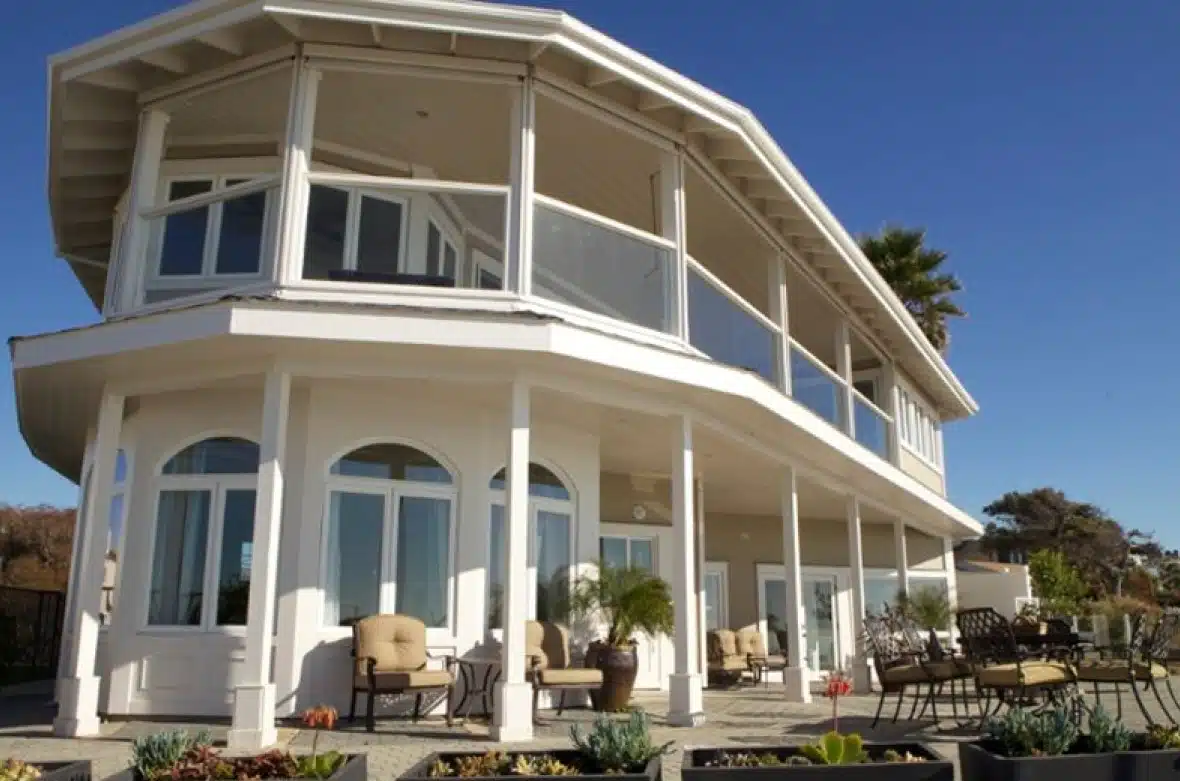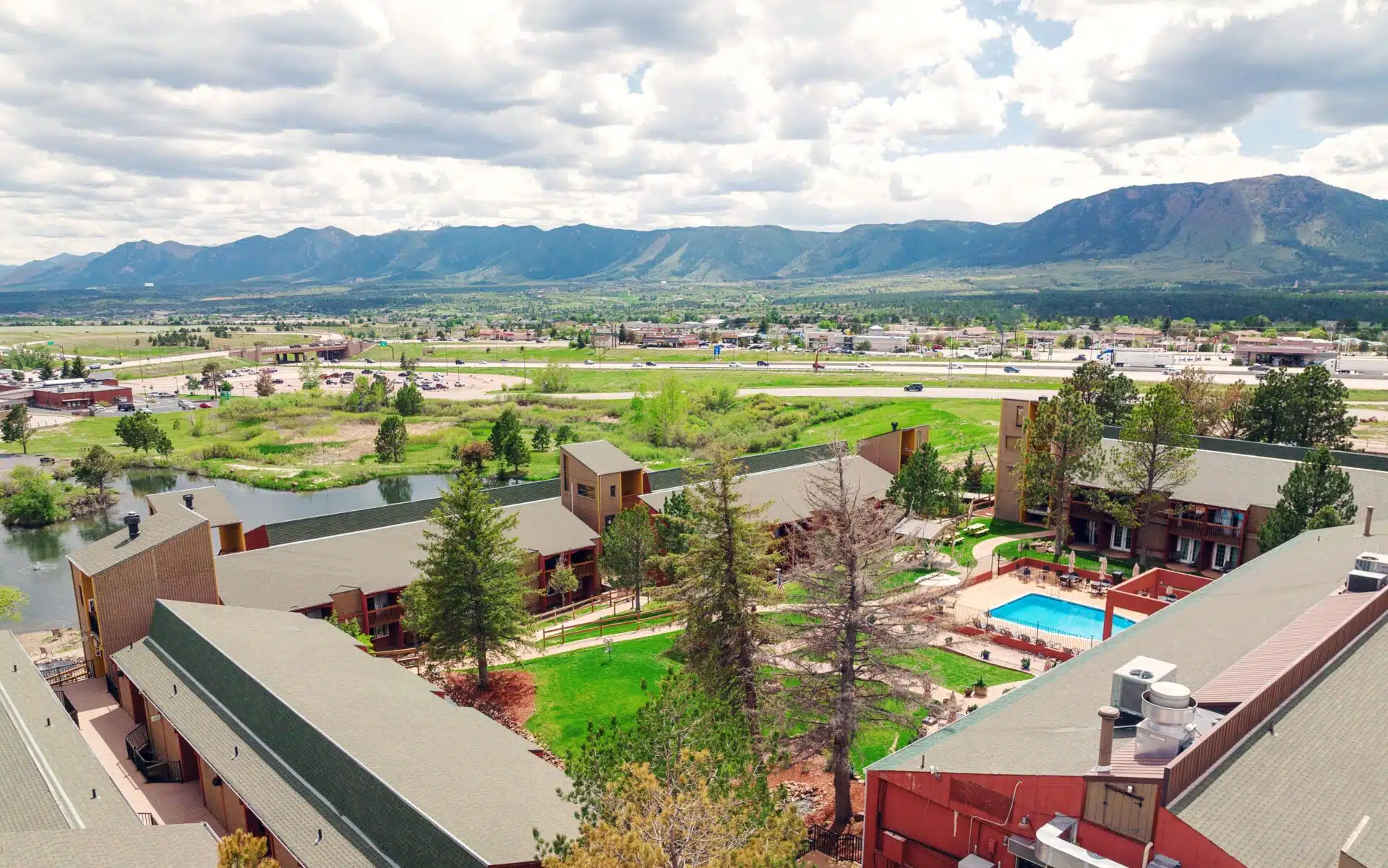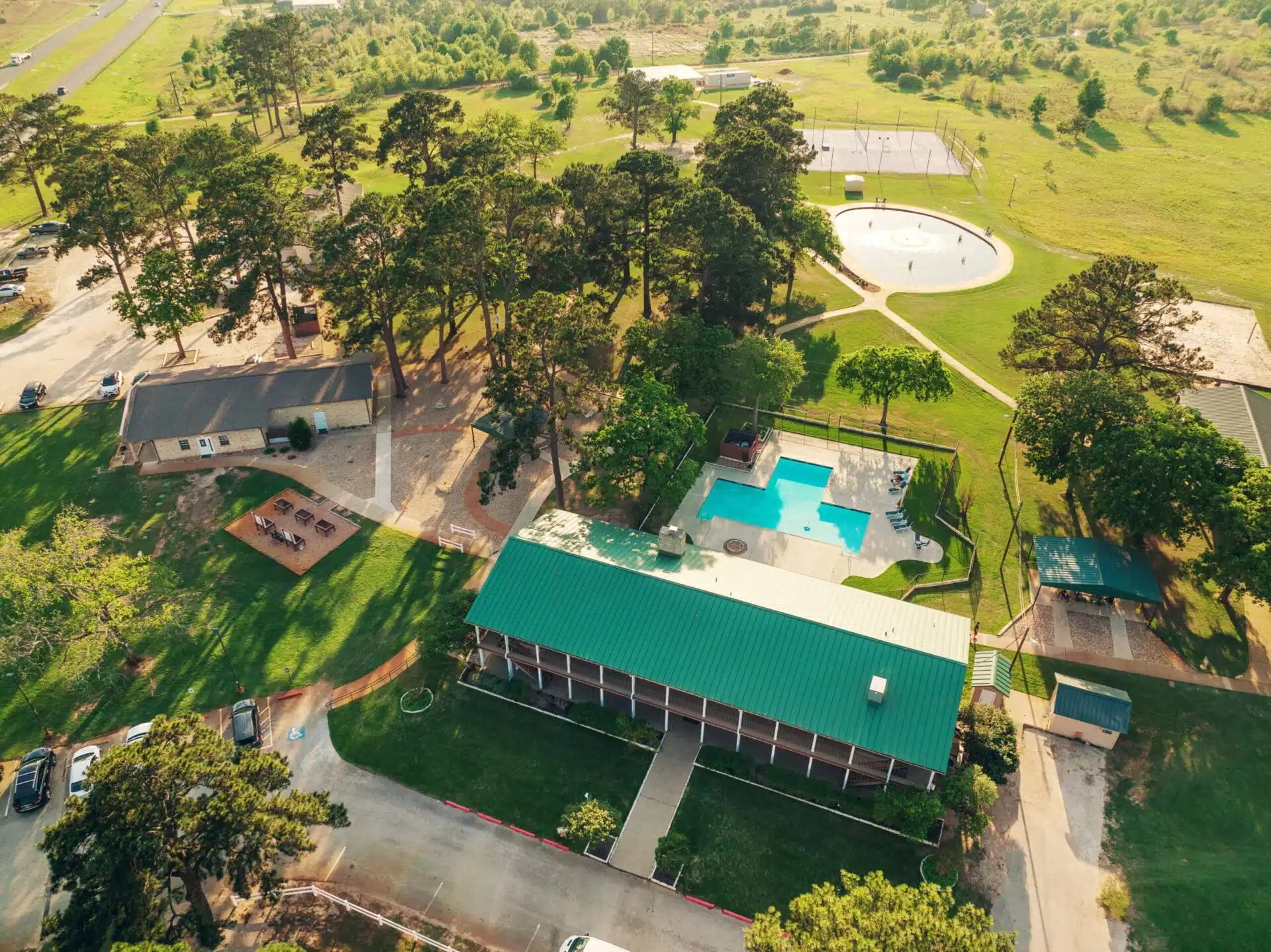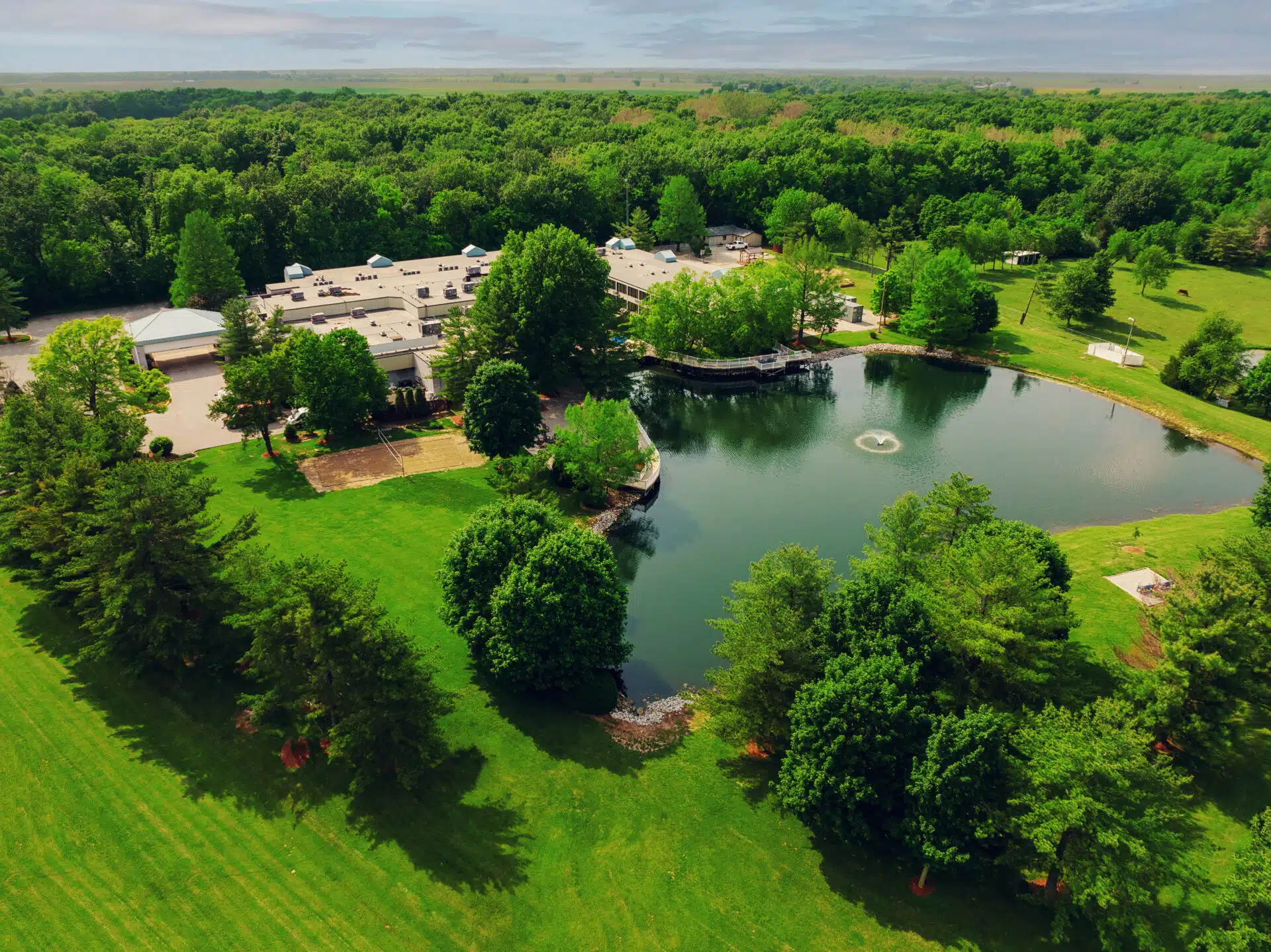In 2019, police officers arrested three men in Orland Park, Illinois. In the men’s vehicle, police found:
- 142.4 grams of pills that were suspected to be narcotics.
- 427.5 grams of suspected methamphetamine (meth).
- 2,777.1 grams (almost three kilos) of suspected heroin.
A similar story occurred in 2021 when Orland Park police searched a car and driver and found a substance suspected to be cocaine, clonazepam pills, different forms of marijuana, and different types of alprazolam pills.
These aren’t the only times that drugs or alcohol have been a problem in Orland Park. This Cook County village of about 59,000 has seen its share of many such substances.
But the village, and its surrounding areas, also offer assistance to people who struggle with drugs and alcohol.
Student Substance Use Disorder in Orland Park, Illinois College Students
Students at these Orland Park schools participated in the 2020 Illinois Youth Survey:
- Carl Sandburg High School
- Century Junior High School
- Jerling Junior High School
- Orland Park Junior High School
Along with other Cook County young people, these students discussed the climate of their schools, bullying, and substance use, among other topics.
According to the Illinois Youth Survey, in the past year, among Cook County twelfth graders:
- 53% reported using alcohol.
- 33% used marijuana.
- 30% used e-cigarettes or other vaping products.
- 4% used LSD or other hallucinogenic drugs.
- 4% used prescription pain medications that weren’t prescribed to them.
While alcohol, marijuana, and e-cigarettes are legal substances for Illinois adults, they aren’t for most twelfth graders, whose ages typically range from 16 to 20 years old.
So, while young people can abuse these substances or become addicted to them, they might also be breaking the law if they use them. 19067 W Frontage Rd, Raymond, IL 62560-505

Our closest facility is in Illinois
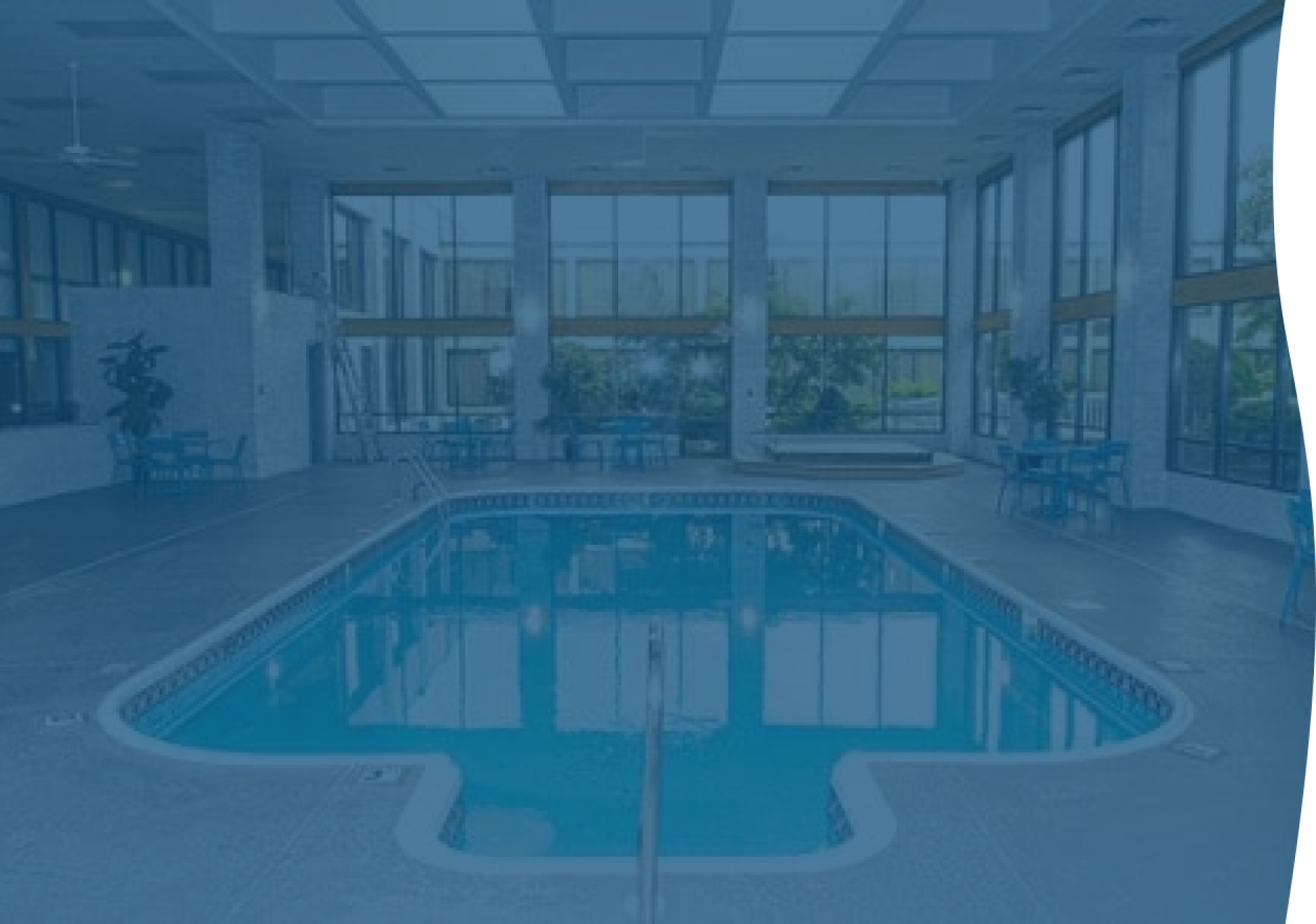
What to Look for When Choosing Rehabs in Orland Park, Illinois
Addiction is scary, and so can searching for addiction rehab. People might not know how to begin if they’ve never searched for drug or alcohol treatment centers and programs.
People could look for specific factors to make their searches a little easier and find rehabs in Orland Park, IL, and surrounding areas. These factors could include:
Accreditation
To earn accreditations and certifications, rehab centers in and around Orland Park, Illinois, must meet the requirements and qualifications of third-party bodies.
LegitScript is one such body. It scrutinizes addiction treatment organizations to determine whether they’re trustworthy and legitimate.
The Joint Commission is an organization that studies addiction treatment and behavioral health care providers. It provides accreditation to organizations that offer quality, safe assistance.
Another examining entity is CARF International (once known as the Commission on Accreditation of Rehabilitation Facilities). This organization accredits behavioral health providers and programs that treat opioid drug problems.
Demographics
Understanding clients can help treat them effectively. That’s why rehab centers and programs should consider the personal characteristics of their clientele.
For example, 2019 U.S. Census Bureau estimates stated that 4.8% of Orland Park residents are of Asian origin. In addition, some Asian cultures may treat older adults in certain ways. Remembering this could help staff members understand residents who follow such customs and find ways to interact with older adults themselves.
Client-to-Staff Ratio
The client-to-staff ratio of an alcohol or drug treatment center or program is the number of clients it employs for every staff member.
Lower client-to-staff ratios mean that each staff member has fewer clients. This means that staff members can provide more time, attention, and care to each person. Compare the ratio between centers across the state, such as a rehab in Cicero, so that you know exactly where you can find the best, personalized treatment.
Services Included in Treatment
Treatment and recovery vary by individual, so there isn’t one way to help people facing substance use disorder or addiction. However, centers and programs in and around Orland Park, IL might use one, some, or none of these approaches:
- Luxury rehab could offer luxurious options (swimming pool, hot tubs) in glamorous locations (near the mountains or beach, for instance).
- Inpatient drug rehab and alcohol rehab requires clients to stay at their treatment facilities to remove them from addiction triggers.
- An IOP (intensive outpatient program, also known as an IOP program) allows clients to live at home while receiving comprehensive treatment.
- Holistic rehab uses practices such as meditation and yoga to address people’s spirits and minds as well as their bodies.
- Dual diagnosis rehab treats mental illnesses such as post-traumatic stress disorder (PTSD), anxiety, or depression at the same time as substance use disorders.
- Cognitive behavioral therapy (CBT) strives to change clients’ behaviors by changing how they think and feel.
- Aftercare planning procedures could include searching for therapists and support groups near people’s homes to help them sustain their recoveries.
Contacting rehab providers can help people understand the options they may need and how to access them.
Support Groups
People who have misused alcohol or drugs are more likely to understand other people who have problems with those substances. By meeting in support groups, these people can share their challenges and their triumphs. Don't see your Insurance Provider?
Learn More About Your Insurance Coverage
12-Step Rehab
Some support groups incorporate a 12-step model. This means they urge members to progress through a series of twelve steps to address their recovery.
A few 12-step groups in and around Orland Park, IL include:
- Alcoholics Anonymous (AA) is the original 12-step group. It asks members to surrender to a higher power and ask people for forgiveness.
- Al-Anon and Alateen are groups that support the loved ones of people with alcohol problems. In addition, Alateen helps young people and teens.
- Nar-Anon (Narcotics Anonymous, or NA) is similar to AA but focuses on problems with drugs.
- Marijuana Anonymous (MA) is a group for people who have had problems with marijuana.
- Cocaine Anonymous (CA) is a group that addresses cocaine addiction or abuse.
- Dual Recovery Anonymous (DRA) is a group that helps people who have experienced both substance use disorder and mental illnesses.
- Celebrate Recovery (CR) is a group that uses Christian teachings to promote sobriety.
Support organizations often host meetings (in-person, video, online, phone), provide literature, and host events to educate and support their members. Twelve-step programs are one of the most popular forms of recovery, so they can be found in cities all across the state, such as a treatment facility in Palatine, IL.
Non-12-Step Rehab
While 12-step groups are popular tools for addiction recovery, other people want group support that’s less spiritual. They might want to consider groups such as:
- LifeRing Secular Recovery (LifeRing) says that there are many ways to manage addiction and address current challenges.
- SMART Recovery (Self-Management and Recovery Training) emphasizes evidence-based approaches to sobriety.
- Women for Sobriety (WFS) states that people who identify as female have the power to triumph over substance use disorders.
- Adult Children of Alcoholics (ACA) notes that parents who misuse substances can have long-term implications for their children as adults.
- Moderation Management (MM) offers tools for people who want to reduce their alcohol consumption or end their use of it entirely.
Such groups indicate that support comes in many forms. Alcohol and drug rehab centers often encourage clients to join groups during their treatment and find additional support once they leave.
Luxury Rehab in Orland Park, Illinois College
Luxury rehab could offer luxurious options (swimming pool, hot tubs) in glamorous locations (near the mountains or beach, for instance). Luxury treatment is always in a lavish setting, and is often enjoyed by business executives or celebrity families; however, anybody can enjoy luxury rehab. Luxury rehab may not be available locally, so consider checking a larger city—such as a treatment facility in Chicago.
Often, luxury rehabs hire top-of-the-line chefs to cook delicious meals. Also, luxury rehabs make it possible to continue work (if you can’t get time off) and offer private work spaces and high-speed wi-fi. Other things to look out for in luxury rehabs are oceanside views, yoga, and counseling.
Inpatient Drug Rehab in Orland Park, Illinois College
With inpatient drug rehab, the patient usually lives in the facility for 30–90 days. Sometimes they have a roommate, but they can live alone as well (varies on the rehab). Two great examples of inpatient drug rehabs to check out are:
- An IOP (intensive outpatient program, also known as an IOP program) allows clients to live at home while receiving comprehensive treatment.
- Cognitive behavioral therapy (CBT) strives to change clients’ behaviors by changing how they think and feel.
Alcohol Rehab in Orland Park, Illinois College
Alcohol rehab is mainly for people who have an alcohol use disorder (AUD). If you often have to deal with negative consequences caused from your drinking, then you may have an AUD. Alcohol rehab usually starts with the detox process, which can be extremely dangerous if you are a long-time or heavy alcohol drinker.
Quitting alcohol all at once causes withdrawal effects in the body of the user. A medical detox center can help monitor the patient and help them recover safely.
Drug Rehab in Orland Park, Illinois College
Drug rehab can be extremely similar to alcohol rehab. Like alcohol rehab, the drug rehab process starts with detox. Monitored detox is essential because the withdrawal effects from past drug abuse often are dangerous. The most dangerous drugs to wean off of are opioids or benzodiazepines.
Being in a professional detox center helps because the staff can aid nausea, cravings, anxiety, or tiredness. Once the patient’s body is completely rid of the drug, they then move onto counseling or group therapy.
Holistic Rehab in Orland Park, Illinois College
Holistic rehab uses practices such as meditation and yoga to address people’s spirits and minds as well as their bodies. This treatment is seen less as something “different” now, as people see it as more legit and trustworthy.
A few holistic rehab staples are yoga, meditation, acupuncture, and massage. This can be extra helpful because these strategies can help improve the patient’s mood and sleep and reduce anxiety and stress.
Dual Diagnosis Rehab in Orland Park, Illinois College
Dual diagnosis rehab treats mental illnesses such as post-traumatic stress disorder (PTSD), anxiety, or depression at the same time as substance use disorders. It doesn’t matter which disorder came first to get treated, as they both are treated at the same time.
In fact, the two conditions can be the cause of one another. For example, somebody with a mental illness might take drugs or drink alcohol to ease the effects of the mental illness they suffer from. On the other end of things, a bad drug or alcohol addiction can even cause a mental illness. Dual diagnosis could possibly be a necessity for somebody with co-occurring disorders, if the treatment isn’t available locally, consider looking across the state to a rehab in Oak Lawn, Illinois.
Aftercare planning procedures could include searching for therapists and support groups near people’s homes to help them sustain their recoveries.
Treatment Options at Rehab Centers in Orland Park, Illinois
Support groups thus are common components of treatment. So are different approaches to therapy, which can be one-on-one, group, family, or a combination of these.
But there’s no one type of treatment plan that will suit everyone. People who want to know what to expect during inpatient drug rehab in Orland Park, Illinois, may find out more once they contact an addiction treatment provider.
By talking with these professionals, people can understand more about their addictions and themselves. Then, armed with this information, they can work with the professionals to create individualized plans that suit their needs and wants.
Veterans Affairs Addiction Treatment
Serving in the military can be difficult, dangerous, and stressful. Military service members may see combat and may experience or witness violence, injuries, or accidents. They may lose good friends and almost lose their lives themselves.
Trauma and physical injuries from these incidents might linger long after they leave the service. Veterans might use alcohol or drugs to deal with pain, but these substances can worsen their problems.
To find help for these problems, Orland Park veterans might want to contact the Orland Park Vet Center, a facility affiliated with the U.S. Department of Veterans Affairs.
Paying for Rehabs in Orland Park, Illinois
Rehab treatment in and near Orland Park, Illinois, can be expensive. But this cost shouldn’t stop people from seeking it. It is sometimes smart to compare plans at different centers, such as a treatment facility in Bolingbrook.
Contacting preferred treatment centers is an excellent first step. Professionals at the centers can work with people’s insurance providers to maximize their coverage and minimize their expenses.
Talking to banks and credit unions is another option. Some may provide loans to finance treatment. Similarly, loved ones might lend or give people money to attend rehab programs or centers.
There are also organizations that give full or partial scholarships to cover rehab costs. Thus, assistance is available, and there are multiple ways to finance it.
Traveling to Orland Park, Illinois Rehab Centers
In addition to making financial plans, people might have to make travel plans to access Orland Park, Illinois, addiction treatment resources.
They can fly into Chicago Midway International Airport, which is around 12 miles away. Chicago O’Hare International Airport is about 24 miles from Orland Park.
Once at an airport, people can take trains, buses, shuttles, taxis, or ridesharing services to travel to their destinations. Rehab centers in and around Orland Park may also arrange transportation to their facilities to help transport people to the assistance they need to begin better lives.
Sources
Medical disclaimer:
Sunshine Behavioral Health strives to help people who are facing substance abuse, addiction, mental health disorders, or a combination of these conditions. It does this by providing compassionate care and evidence-based content that addresses health, treatment, and recovery.
Licensed medical professionals review material we publish on our site. The material is not a substitute for qualified medical diagnoses, treatment, or advice. It should not be used to replace the suggestions of your personal physician or other health care professionals.




